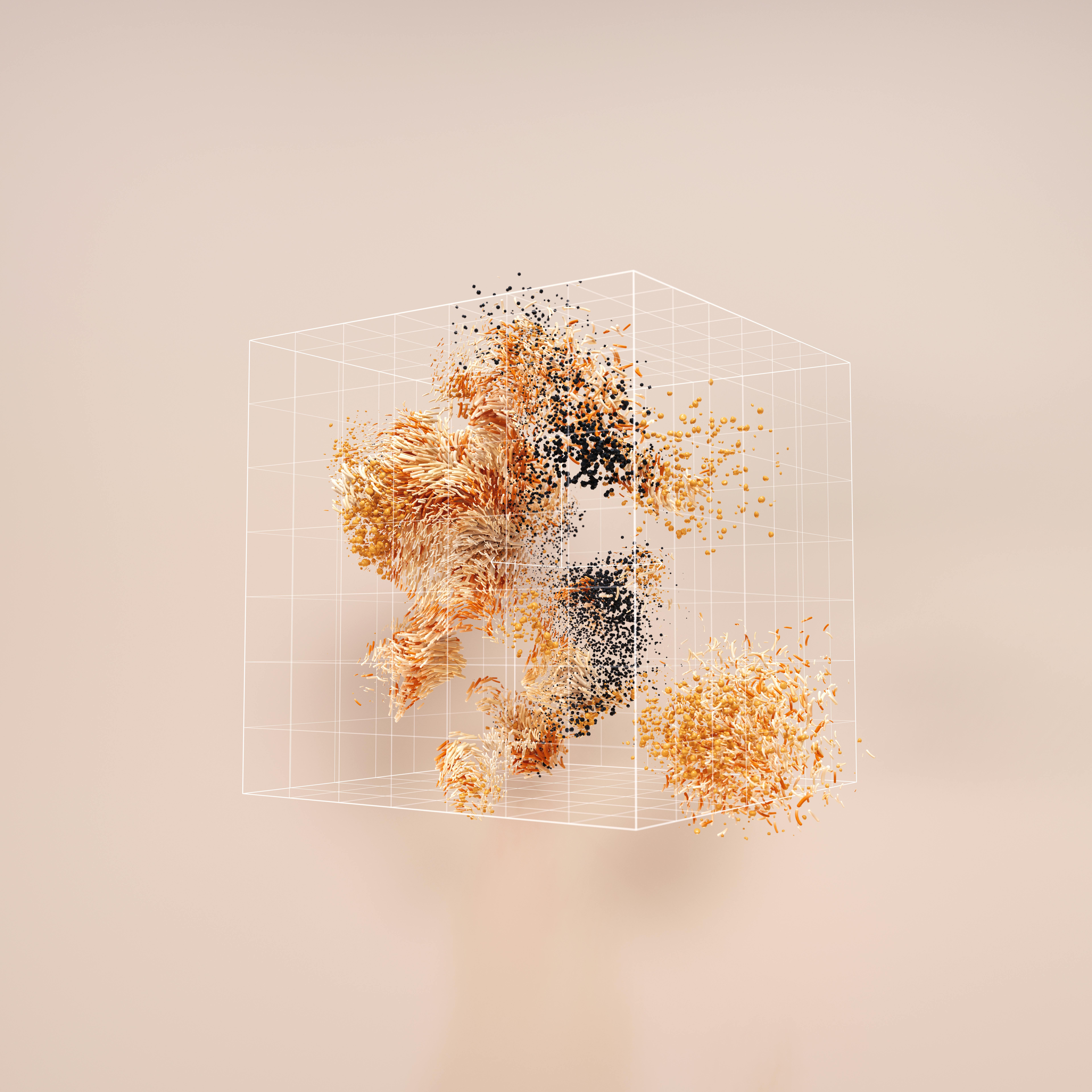Essential Science Fair Judge Questions to Ask Students
Participating in a science fair is an exciting opportunity for students to showcase their creativity, critical thinking, and scientific inquiry. However, as much as the project itself matters, the questions asked by judges can make or break a presentation. Understanding the types of science fair judge questions can help students prepare effectively and confidently for this important event.
In this article, we will explore the most common types of science fair judge questions, how students can prepare for them, and why these questions are crucial to assessing the quality of a scientific investigation.

Understanding the Purpose of Science Fair Judge Questions
Science fair judge questions serve multiple purposes. They evaluate not only the scientific content of the project but also the student’s ability to communicate and defend their work. These questions assess the depth of the student’s understanding and their ability to apply the scientific method effectively.
By asking specific questions, judges can gauge how well students have planned and executed their experiments, as well as how clearly they can explain their findings. Being prepared for these questions is a key component of success in any science fair competition.
1.1 Questions About the Scientific Method
One of the primary areas judges focus on is the application of the scientific method. They may ask students to explain how they formulated their hypothesis, designed their experiments, and analyzed their data.
Example questions include:
- What was your hypothesis, and how did you arrive at it?
- What variables did you control, and why were they important?
- Can you explain the steps of the scientific method you used in your project?
1.2 Questions About Data Collection and Analysis
Judges will also be interested in how students collected and analyzed data. They want to see if the student used proper methods and whether their conclusions are supported by the data. Understanding how to present data in charts or graphs and interpret them accurately is a key skill that judges evaluate.
Example questions might include:
- How did you collect your data, and what tools or instruments did you use?
- What were the most significant findings in your data?
- How did you ensure the reliability of your results?
Practical Implementation Guide for Preparing for Judge Questions
Knowing what types of questions judges are likely to ask is one thing; preparing effectively for them is another. In this section, we will explore actionable steps students can take to prepare for science fair judging day.

2.1 Actionable Steps for Answering Judge Questions
- Prepare Your Project Narrative: Be ready to explain the entire process of your experiment, from hypothesis to results. Practice summarizing key points to ensure clarity.
- Know Your Data Inside and Out: Study your data so well that you can easily answer detailed questions about it. Be prepared to explain any anomalies or unexpected results.
- Understand the Scientific Principles: Be sure to fully grasp the scientific principles behind your project. This knowledge will help you answer deeper questions about your experiment.
2.2 Overcoming Common Challenges
Many students feel nervous when answering judge questions, especially if the questions are unexpected or challenging. Here are some common obstacles and solutions to help overcome them:
- Lack of confidence: Practice answering questions with a teacher or mentor to build confidence. Being prepared will help you answer questions more smoothly.
- Difficulty explaining complex concepts: If you struggle with explaining complex ideas, try breaking them down into simpler terms. Analogies can be helpful in making difficult concepts easier to understand.
- Uncertainty about the judging criteria: Understand the specific criteria judges will use to evaluate your project. This knowledge will help you anticipate what judges care about most.
Advanced Applications of Science Fair Judge Questions
Once students have mastered the basic science fair judge questions, they can delve into more advanced techniques for presenting their projects. In this section, we’ll explore strategies that help elevate a student’s performance to the next level.

3.1 Advanced Communication Techniques
Effective communication is a critical component of a successful science fair presentation. Students should be prepared to explain complex scientific ideas in a clear, concise, and engaging manner. Judges appreciate when students can articulate their thoughts with confidence and passion.
Advanced techniques include:
- Using visuals such as graphs, charts, and models to complement your verbal explanation.
- Anticipating and preparing for tough questions by practicing with a mentor.
- Engaging the judges with questions of your own to demonstrate your depth of understanding and interest in the topic.
3.2 Handling Unexpected or Tough Questions
Sometimes, judges will ask questions that may not have a clear answer. These questions are meant to test a student’s ability to think on their feet and demonstrate a deep understanding of the scientific method.
In such cases, students should:
- Take a moment to think before responding. It’s okay to pause and collect your thoughts.
- Be honest if you don’t know the answer. Judges respect students who are humble and willing to learn.
- Use your knowledge to make educated guesses. Offer thoughtful responses based on scientific reasoning, even if you don’t have exact data to support your answer.
Future Trends in Science Fair Judging
As science fairs continue to evolve, the expectations of judges may change as well. In the future, judges might place greater emphasis on interdisciplinary research, creativity in experimental design, and the use of emerging technologies.
Students should stay informed about new trends in scientific research and incorporate modern tools and methods into their projects. By staying ahead of the curve, students will be better equipped to answer the increasingly complex questions that may arise at future science fairs.
Conclusion
Science fair judge questions are an essential part of the evaluation process, and students who prepare well can stand out from the competition. By understanding the types of questions they may face, practicing clear communication, and mastering the scientific method, students can confidently present their work and impress judges.
Ultimately, the key to success is thorough preparation, understanding of the science behind the project, and the ability to communicate effectively. Good luck in your science fair journey!
Frequently Asked Questions
- Q: What should I do if I don’t know the answer to a judge’s question? Be honest and explain your thought process. Judges appreciate students who demonstrate critical thinking and problem-solving abilities.
- Q: How long should my science fair presentation be? Aim for a clear and concise explanation, typically between 5 to 10 minutes, depending on the event guidelines.
- Q: How can I prepare for tough science fair questions? Practice with a teacher or mentor and review your project thoroughly. Anticipate potential questions and prepare answers in advance.
- Q: Do judges care about the materials used in the project? While materials are important, judges are more interested in how the student applies the scientific method and their ability to explain the results.
- Q: How do I handle a question about an unexpected result? Be prepared to explain why the result might differ from your hypothesis and discuss what you learned from the experience.
- Q: What should I wear to a science fair? Wear professional but comfortable clothing that reflects your dedication and seriousness about the project.
- Q: How can I make my project stand out? Focus on creativity, clarity, and depth. Use visuals, present your findings confidently, and be prepared to answer tough questions with enthusiasm.
